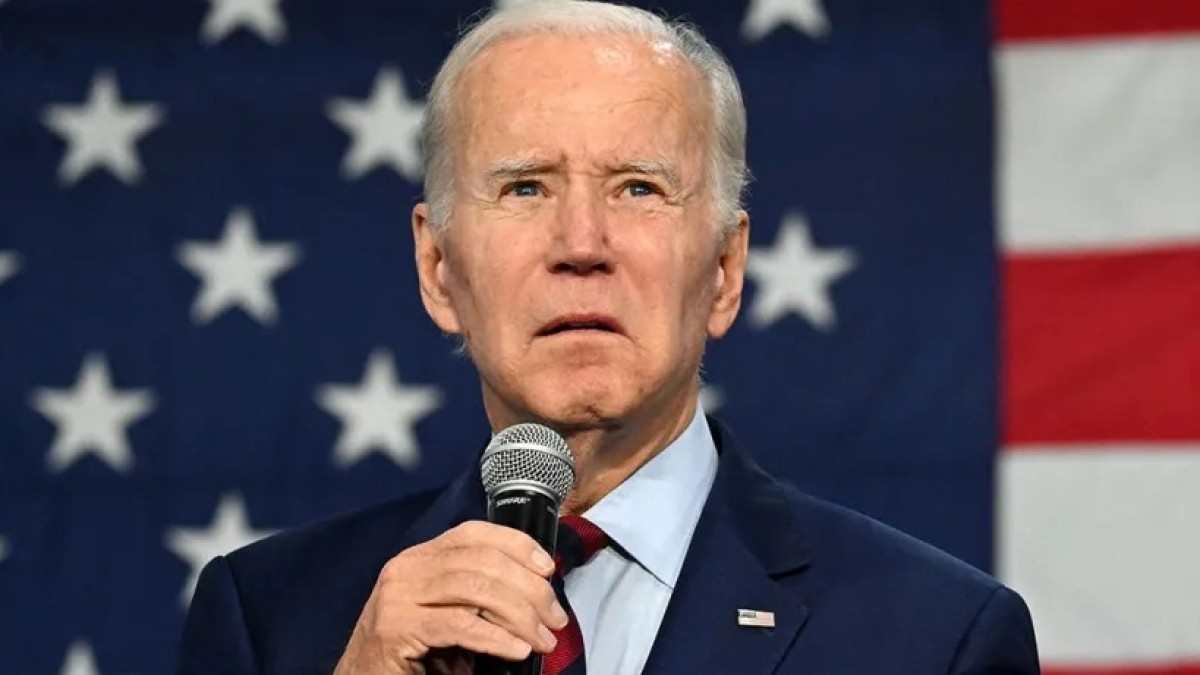
South Korea has asked Washington to review its criteria for new semiconductor subsidies, concerned over the impact of rules to limit chip investment in countries such as China. The Commerce Department said in March it would prevent China and other countries it deems to be of concern from tapping funds of $52 billion earmarked for semiconductor manufacturing and research under the so-called CHIPS Act. The rules, set to open for applications on June 26, include “national security guardrails” that prevent applicants from increasing capacity in foreign countries by five percent or more within a decade. They built on restrictions sent last year to top chip toolmakers KLA Corp, Lam Research, and Applied Materials Inc, requiring them to halt equipment shipments to wholly Chinese-owned factories producing advanced logic chips in artificial intelligence and supercomputers.
The new rules have raised concerns that they will stifle investment by companies like Samsung Electronics Co Ltd and S.K. Hynix Inc, which have production facilities in China. The two chipmakers have invested in the United States over the past few years, including building new plants that rank among the most significant projects in U.S. history. But they still rely heavily on China for sales. Their fortunes dipped this year as China’s economy shrank amid the COVID-19 lockdown, with both Samsung and S.K. Hynix reporting earnings shocks in Q4 2022.
- RELATED NEWS: Australian PM Calls Modi the Boss
“The ROK government believes the current national security guardrails will impose unnecessary burdens on Korean companies investing in the U.S.,” South Korea’s Trade Ministry said in comments filed on Tuesday. Seoul argues the guardrails need to be adequately defined or are being implemented inconsistently with export controls and other laws.
In a separate filing, the ministry asked the U.S. to clarify the definition of a material expansion in Chinese facilities. It argued that the current threshold of 5% is too low and called for the definition to be increased to at least 10%. The Commerce Department has yet to respond to the submissions.
South Korean chipmakers also worry that the CHIPS Act will jeopardize their cooperation with China, their biggest trading partner. They are a vital part of the four-nation “chip alliance” promoted by Vice President Joe Biden to counter Beijing’s growing technological influence.
The Alliance includes the United States, South Korea, Taiwan, and Japan. The Alliance seeks to promote research and development cooperation and build a “global value chain” for the industry. But China, frustrated by curbs on its tech companies, has criticized the Alliance as “protectionism and protectionism.” As a result, the Alliance has made few headway so far. In a speech this month, TSMC Chairman Morris Chang lamented that globalization was “almost dead,” saying the Alliance was unlikely to take shape before his retirement next year. TSMC is the world’s biggest contract chipmaker. Follow Soo-hyang Choi on Twitter.